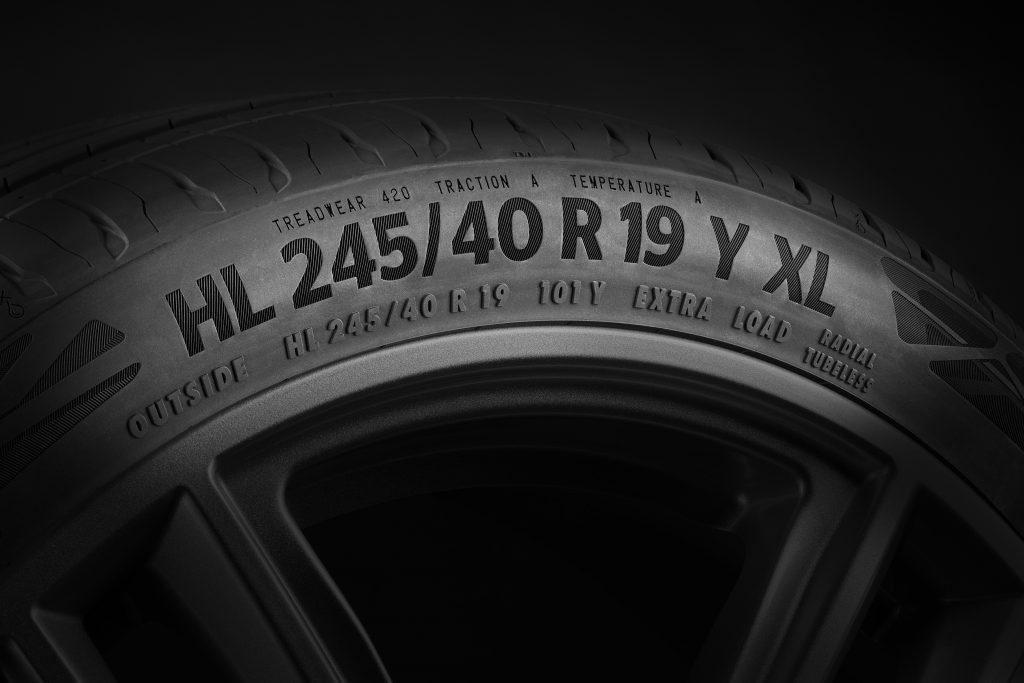With the end of winter coming, some early electric vehicle adopters may already be in the market for tires to replace the ones that came originally with their vehicles.
An electric vehicle weighs much more than the equivalent gasoline model and it requires tires designed to support the additional weight. Most EVs require a tire with an XL (Extra Load) or even higher HL (High Load Capacity) rating. The rating appears on the sidewall of tires intended for the majority of electric vehicles.

Many tires for trucks already carry an XL rating because they are designed for heavy vehicles like pickups and large SUVs, so they can support the weight of an electric vehicle. HL tires are supposed to be specifically homologated for EVs – they run at normal tire pressures to ensure a smoother ride than truck tires and are rated to carry more weight than an AT tire at normal inflation pressures.
The criteria to favor in a tire that will be mounted on an EV include long tire life because the higher weight and strong acceleration of an EV both contribute to faster wear. Low tire noise is important because road noise is more noticeable in the cabin, given the absence of a masking sound from a gasoline engine. (Most tires specifically intended for EVs now have foam sound insulation inside them.) An EV tire with low rolling resistance permits a slightly longer range. EV-rated tires sell at a premium of 10-20 percent.
On a full charge, the range of an EV can vary by 15-30 km depending on the choice of tires. The rolling resistance of the best tires designed for EVs is believed to be lower than that of tires designed for gasoline vehicles. If you’re using the vehicle for daily commuting, choosing a less efficient tire is not a concern, so long as its load rating supports the weight of the vehicle and it is quiet riding.
The majority of electric vehicles are equipped with all-season performance tires but some performance models feature dedicated summer tires; when tire life is a priority, it is generally better to choose an all-season performance tire over a summer sport tire.
Short tire life an issue with some EVs
Some Tesla owners have reported short tire life to the APA. Like heavier or more powerful conventional vehicles (e.g. SUVs like the Dodge Durango R/T and BMW X5), tires fitted to a high-performance EV will tend to wear out more quickly. All Tesla’s are powerful vehicles; on a Tesla, with the possible exception of winter, the choice would be an all-season tire with a “performance” speed rating (V or higher). And ideally, a tire with a good treadwear rating. Fans of sporty driving may prefer a “performance” summer tire for their Tesla provided they are prepared to replace them more often. Regular tire rotation is essential with Tesla’s to even out tire wear. In Quebec, tire rotation is virtually automatic twice a year, as winter tires are mandatory. A rear wheel alignment to adjust the camber and toe-in may contribute to longer treadwear on a Tesla with uneven or very rapid rear tire wear.
